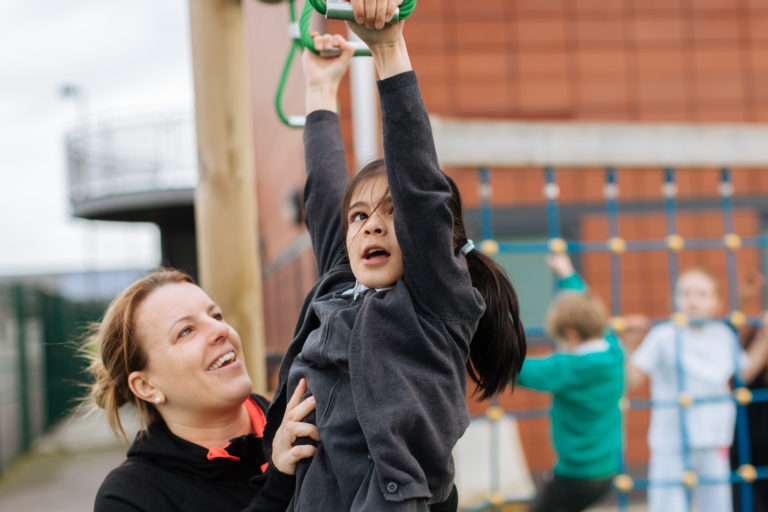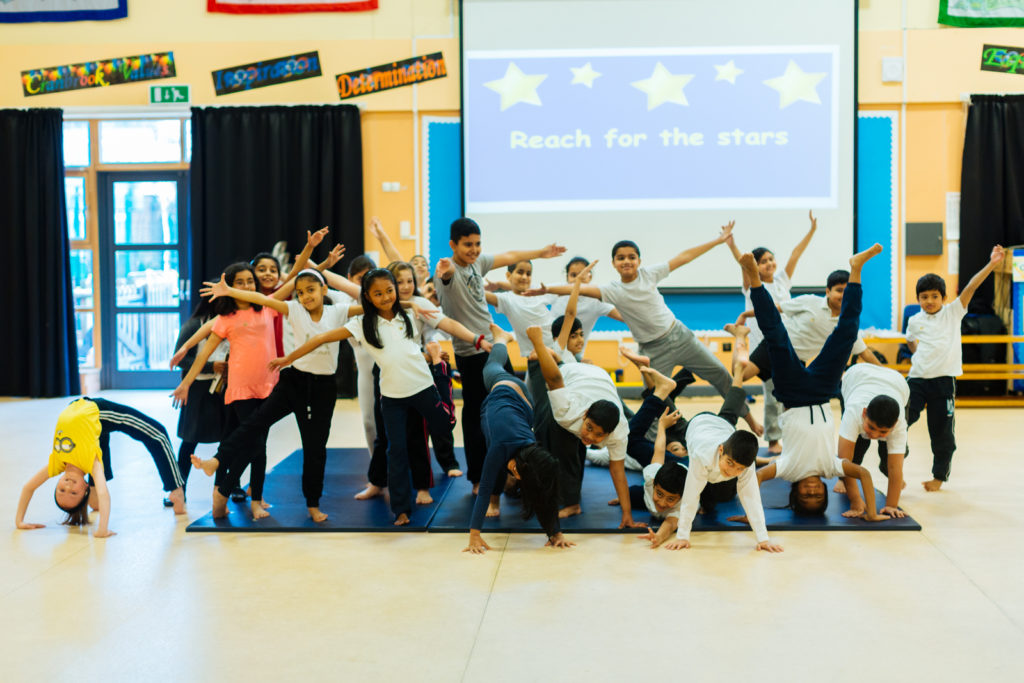At a time when young people’s physical activity levels are at a depressingly low level and childhood obesity continues to rise, there has never been a better time to hear of a desire to get young people more active. There is, of course, considerable evidence that young children who adopt an active lifestyle early in life have better health, education and social outcomes, so supporting all young Londoners to develop physical activity habits offers a clear pathway to greater health equality.
In order to create the systemic change required to change the attitudes and behaviours of young people, London Sport worked with 19 schools from across 10 different London boroughs to see if adding one evidence based intervention would have a positive impact on reducing inactivity and increasing activity.
The programme
London Sport invited primary schools to benefit from one of four initiatives that could provide evidence of the impact they could have on reducing levels of inactivity. Twenty schools were selected from the list of schools that London Sport had previously supported in their Primary School Support role and were all based in boroughs with high levels of inactivity, deprivation and childhood obesity.
London Sport selected four interventions that our research had shown could evidence the positive impact that they could have on reducing inactivity. These were:
- GymRun Colours provided a simple, manageable and sustainable fitness framework for 7-11 year olds. Children complete five core fitness challenges each term. Each child’s overall score matches one of eight fitness badges from red to pink. The scheme tracks fitness progression and provides exercise motivation for all children, while developing a school culture for health and fitness.
- Marathon Kids gave primary school children the opportunity to run or walk up to four marathons throughout the school year. The programme encouraged children of any fitness ability to set and reach personal goals, and was supported with evidence based tools and a digital tracking system.
- Fitt-in provided an online solution to help reduce pupil sedentary time, without the need to leave the classroom. Pupils were engaged by on-screen graphics, music and choreographed routines.
- Active Movement creatively integrated non-sedentary behaviour and low-level activity into daily routine in school and at home from Early Years to Secondary school. It is a comprehensive 12-month programme of activity and communication, backed by evaluation and support. This concept is designed to educate, inspire and protect the well-being of all children for a lifetime with additional benefits around attainment, behaviour and obesity.
London Sport’s contribution
London Sport used local insight and knowledge to identify schools from a series of priority boroughs. Priority boroughs were identified by using the intelligence that London Sport has collected from mapping exercises, local insight, national data and partner information, all of which provided a detailed informed local picture. This insight includes:
- Levels of childhood obesity
- Levels of deprivation
- Levels of students eligible to claim free school meals
- Number of schools with Healthy Schools London accreditation
London Sport also selected the evidenced based interventions and subsidised the cost to implementing the interventions, in order to entice schools to support the programmes. Once commissioned, London Sport monitored the delivery partners and school feedback.
Gary Palmer, Specialist Advisor – Children and Young People said: “Evidence has shown that attitudes towards physical activity and sport are often shaped at a very early age, so it is vital that schools provide a supportive, inclusive programme of physical activity. We are very excited to be working with a number of school and physical activity professionals to help to embed positive attitudes towards regular physical activity, particularly focusing on young people who were previously inactive.”
The impact
- 67% of schools surveyed had seen an increase of pupil’s participation in PE, sport and physical activity.
- 96% of children said they were more determined to improve their fitness.
- Teachers noted an increase in confidence with children being so enthusiastic about Marathon Kids that they are actively asking to go running and reminding their teachers if they forget to take them out.
- Some teachers are more active with their children: more active teachers create more active children.
- Behaviour in class has improved and pupils are ready to learn for longer.
With three projects commencing in November 2017 (GymRun Colours, Marathon Kids and Fitt-In) and one in January 2018 (Active Movement), the projects were scheduled to run for one academic year, with monitoring continuing for a further year. As all projects are either in their early or mid-intervention stages, evidence of impact will be more appropriate at the later stages of the projects.


